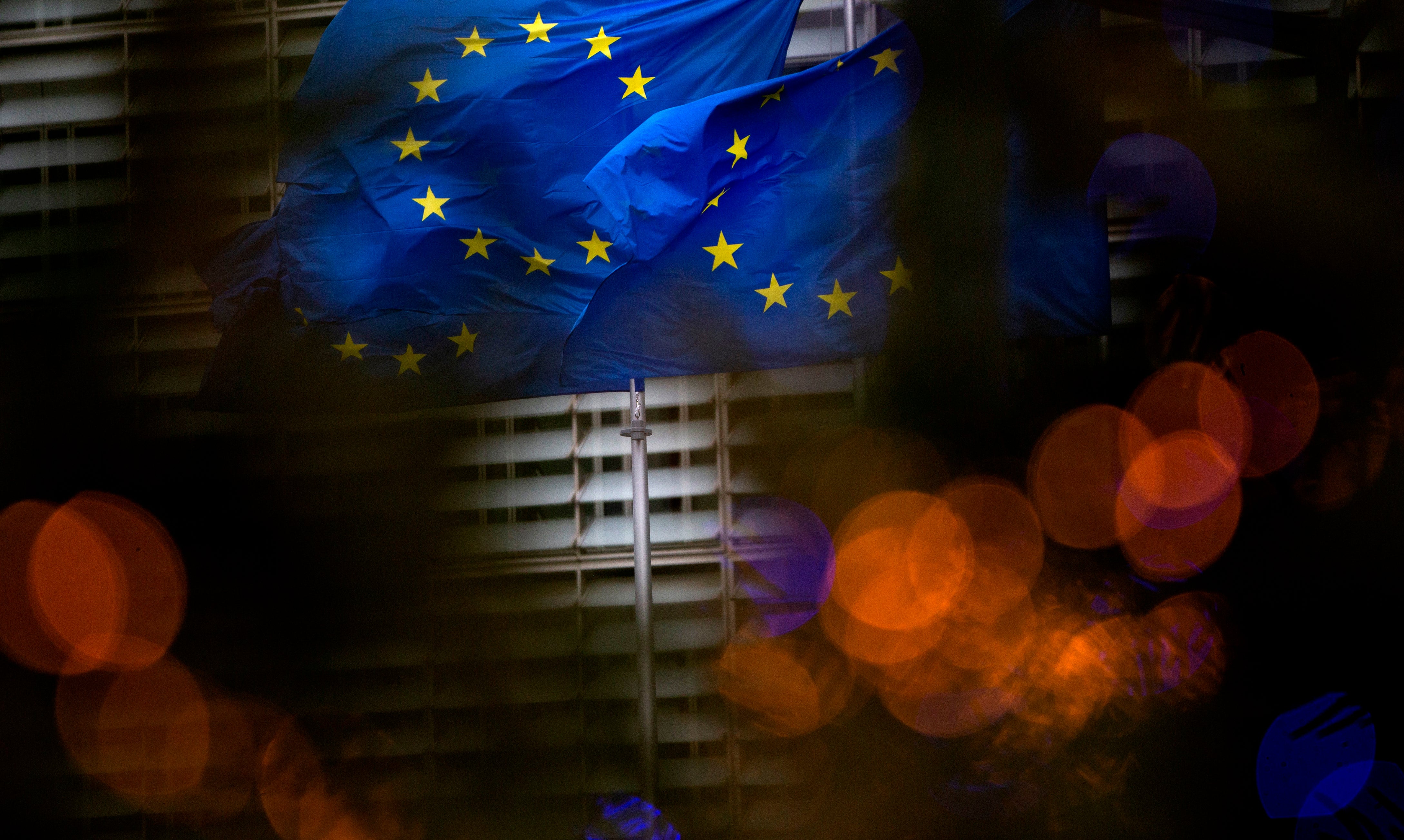Fishing talks move at snail's pace in EU-UK Brexit standoff
European Union and British negotiators have extended their standoff over EU fishing rights in U.K. waters and been unable to make a decisive breakthrough in trade talks aimed at averting a chaotic and costly post-Brexit split on New Year’s Day

European Union and British negotiators on Saturday extended their standoff over EU fishing rights in U.K. waters and remained unable to make a decisive breakthrough in trade talks aimed at averting a chaotic and costly post-Brexit split on New Year's Day.
Despite movement on major issues to keep trade going once a Brexit transition period ends on Dec. 31, the two sides haggled over fish quotas and the rights of trawlers without much success, turning a sector of little financial significance into a lightning rod which could decide the outcome of the nine-month negotiations.
Two sources close to the talks said the negotiations were bound to spill over into Sunday, which the EU Parliament set as the deadline for giving lawmakers enough time to approve a deal by the end of the year.
One official said the EU was refusing to yield more than a quarter of the fishing quotas the bloc stands to lose now that Britain is regaining full control of its waters due to Brexit. Britain is also steadfast that a 3-year transition period would be long enough for EU fishermen to adapt to the new rules, while the EU wants at least six years.
The official spoke on condition of anonymity because the talks were still ongoing.
EU chief negotiator Michel Barnier called this weekend the “home straight of the negotiations” but even with the finish line in sight and most of the issues settled, the talks hinged on an industry which contributes less than a percentage to the gross domestic product of either side.
Yet, fishing and control of its waters was an essential part of the 2016 Brexit referendum, when British voters narrowly decided to leave the bloc. And for nations like France, fishing communities have long held a sway over national politics well beyond their economic importance.
A failure to reach a post-Brexit deal would lead to more chaos on Britain's borders with the EU at the start of 2021, when new tariffs would add to other impediments to trade enacted by both sides. The talks have bogged down on two main issues over the past days — the EU’s access to U.K. fishing waters and assurances of fair competition between businesses.
The European Parliament needs to ratify any agreement, and its members said they would need to have the terms of any deal in front of them by late Sunday if they are to organize a special gathering before the end of the year.
If a deal comes later, it could only be ratified in 2021, as the parliament wouldn’t have enough time to debate a proposed agreement before the new year starts.
A trade deal would ensure there are no tariffs and quotas on trade in goods between the two sides, but there would still be technical costs, partly associated with customs checks and non-tariff barriers on services.
While both sides would suffer economically from a failure to secure a trade deal, most economists think the British economy would take a greater hit, at least in the near-term, as it is relatively more reliant on trade with the EU than vice versa.
___
Follow all AP stories about Brexit and British politics at https://apnews.com/Brexit
Bookmark popover
Removed from bookmarks